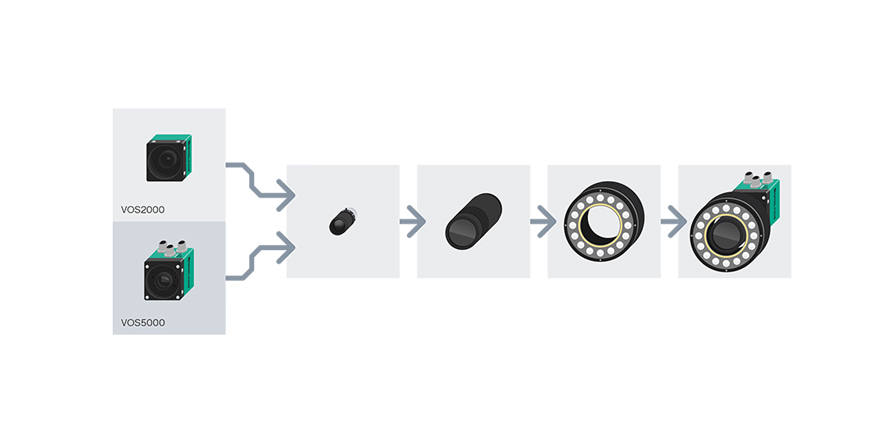
Transmitter Power Supplies Enable Oil Pressure Monitoring
Detecting a Pressure Drop in Plain Bearings Helps Prevent Damage to Machinery
Plain bearings provide reliable lubrication in high-speed machines. They ensure minimal friction losses and play a crucial role in increasing service life. For example, this is how turbines and generators become fully lubricated, which ensures that the friction between metal surfaces is transferred into the liquid lubricant, thereby avoiding any abrasion. To achieve this effect, the lubricating film needs to be pressurized, because this is the only way to reliably separate the contact surfaces from each other. In the case of hydrostatic plain bearings, an oil pump is used to ensure consistent oil pressure and reliable lubrication.
The Goal:
Inadequate lubrication can have major consequences. In the case of a power plant generator, repairing or replacing damaged components can cost tens of millions. On top of this, there is also the loss of revenue over a long period of time.
This demonstrates how important it is to have sufficient oil pressure to ensure minimum friction between the shaft and bearing. It is therefore essential to continuously monitor oil pressure. If the oil pressure falls below a critical threshold or if it becomes completely depressurized, this not only needs to be reliably detected, but a series of specific actions also need to be triggered. This starts by triggering an alarm and activating a replacement pump and might range up to completely shutting down the generator.
The Solution:
A pressure transmitter with a measurement output of 4 … 20 mA is ideally suited for constantly monitoring the oil pressure in the lubrication cycle. A transmitter power supply unit provides an intrinsically safe power supply and ensures that the data is reliably transmitted. KCD2-STC-Ex1.ES modules are typically used for this application. They are suitable for applications up to SIL 3 in accordance with IEC/EN 61508.
The measured signal is transmitted to the safety controller in an emergency shutdown system (ESD). There, the signal is continuously assessed, thereby monitoring the oil pressure. The ESD does not just trigger an alarm when a critical value is reached. It also automatically starts the measures needed to immediately react to this critical operating situation. For example, this could entail starting up a replacement pump or completely shutting down the machine.
The Advantages:
KCD2-STC-Ex1.ES transmitter power supply units are equipped with an intrinsically safe input that provides the explosion protection required for monitoring oil pressure. Galvanic isolation also ensures a highly robust, fail-safe signal transmission. With international Ex certifications and a TÜV certification for functional safety, the isolators are an ideal and functional solution for a wide range of essential monitoring tasks.
They can also communicate bidirectionally with a HART transmitter. If the measuring signal is to be provided to the control system or a PLC in addition to the safety system, the reaction-free version of the splitter (KCD2-STC-Ex1.2O.ES) can be used instead.
Via Pepperl & Fuchs






